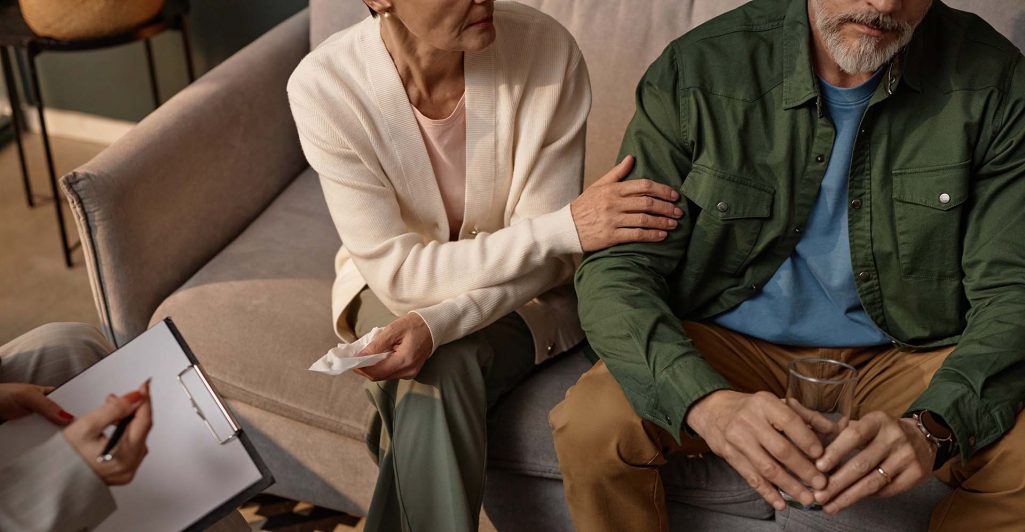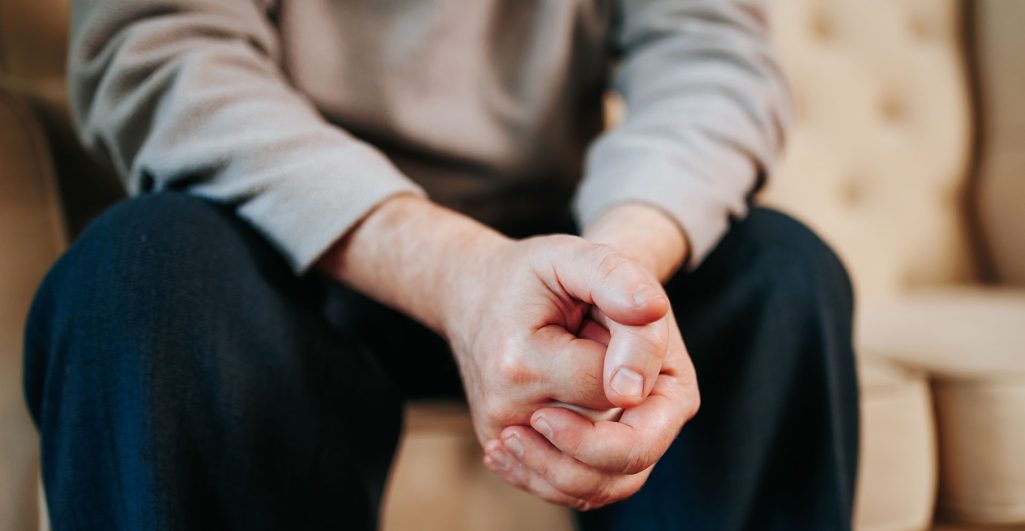If you’re struggling with cocaine use or watching a loved one spiral under its grip, the right cocaine rehab can change everything. Our rehabilitation programme combines all the right tools to help you break free from cocaine safely and rebuild your life with confidence.
We understand the challenges and chaos that prevent people from getting help. This page will explain everything you need to know about cocaine rehab so you can decide how best to proceed.
Our cocaine rehab programme

The Haynes Clinic’s cocaine rehab is a structured therapeutic programme designed to help anyone struggling with cocaine take back control of their life. Our specialist treatment centre offers medically supervised detox, evidence-based therapies, and long-term aftercare, all tailored to your unique needs.
Cocaine rehab addresses the root causes of your drug use, such as trauma, stress, low self-esteem, or co-occurring mental health issues. Many people believe that cocaine itself is the issue, and that stopping its use is enough to overcome it. However, this is not the case.
The goal of our programme is to understand the psychological effects of this substance and why cravings occur, so you learn to process emotions healthily rather than relying on substances to take away the anxiety.
We use several tools to achieve this. Our core therapies include:
- Cognitive Behavioural Therapy (CBT) – Challenging negative thought patterns
- Dialectical Behaviour Therapy (DBT) – Regulating emotions and managing urges
- Group therapy – Peer support and shared healing
- Private counselling – Personalised sessions with a trained addiction specialist
- Family Therapy – Rebuilding trust and improving communication
- Mindfulness and meditation – Managing cravings and anxiety naturally
- Holistic therapies – Yoga, massage, fitness and nutrition
Group and step work
Most clients find talking about their past the most challenging part of cocaine rehab. Our programme is designed to connect with others facing the same challenges, creating a safe and non-judgemental space where you can learn from others’ experiences and encourage one another to plan a cocaine-free future.
We provide structured groups and workshops to process emotions, face harsh truths and create a healthy routine. You will also have private counselling and holistic workshops. Exposure to a range of different therapies means you can choose the one that works for you and continue with that after rehab to work through cocaine cravings.
All the staff at The Haynes Clinic have been through this process themselves and are in the best position, professionally and personally, to guide you through any challenges.
Healthy mind and body
Alongside gaining mental clarity, we help improve your physical health through abstinence from cocaine, healthy and regular meals and access to a gym and swimming pool.
Aftercare
Most inpatient cocaine rehabs would offer a form of aftercare access, which is just as important as the rehab programme itself.
At The Haynes Clinic, recovery support doesn’t end when you leave rehab. The risk of relapse is highest in the first year. To keep you on track, all of our clients are eligible for a year’s worth of weekly group therapy every Friday, so you still have long-term assistance from us while adjusting to recovery.
Why is cocaine rehab necessary?
Recreational use of cocaine can lead to intense cravings and a high risk of cocaine addiction, even after short-term use. The psychological cravings that come with cocaine can be so intense that it’s impossible to stop without professional help. Cocaine rehab walks people through the process one stage at a time, using a combination of step work, group support, addiction education, holistic therapy, fitness, and aftercare.
Between 2012/13 and 2022/23 in England, hospital admissions for cocaine poisoning more than doubled, from 2,982 to 8,398. Even those with the best of intentions to stop can fall into a dangerous spiral. If you want to quit but are not sure where to start, the safest thing you can do is book into rehab, where professionals can help.
Can I overcome cocaine on my own?

Some people may try Cocaine Anonymous (CA) or other fellowship meetings and be unsuccessful. While these meetings have a huge success rate in preventing relapse and are highly encouraged as part of the recovery plan, they can be challenging to get your head around. Rehab introduces you to the 12-step programme, giving the full background into why it is essential, how to approach each step and what self-work can help.
Many people find that the meetings are clearer and more powerful once they’ve completed cocaine treatment, as they are already adept at the method and can use it effectively in their recovery.
Signs you need cocaine rehab
If cocaine has taken over your life to the point where you cannot control cravings, we urge you to consider getting help. If any of the following signs sound familiar, a dedicated cocaine rehab programme could save your life:
- You use cocaine regularly or in increasing amounts
- You’ve tried and failed to quit cocaine
- Cocaine use is affecting your work, relationships, or finances
- You experience withdrawal symptoms such as fatigue, depression, or cravings
- You’re neglecting responsibilities or engaging in risky behaviour to use cocaine
- You’ve attended cocaine anonymous (CA) and still can’t quit
Common myths surrounding cocaine rehab

People will judge me if I go to cocaine rehab
One of the most common misconceptions people have around rehab is that they will be judged – particularly if they feel at the time that they are maintaining control of their life as a functioning cocaine user.
In fact, it’s just the opposite – seeking help for cocaine is a brave step that is nearly always reinforced by loved ones who want to see you get well.
Our Admissions Manager, who took the plunge and attended rehab 22 years ago, urges: “Don’t hesitate. Seize the moment and do it. It will change your life if you listen and get stuck in with an open mind.”
Cocaine rehab is like a prison
Nobody goes into rehab against their will, and most people find, after a few days, how good it is for them to be there. There is a set schedule at cocaine rehab, which is essential for laying recovery foundations; this gives everyone the safety to speak openly and adjust back to a healthy routine, and clients are free to leave at any point.
Our Admissions Manager advises: “It won’t be easy. You will hear things you don’t want to hear. It will hurt – but only because it’s true. It must hurt before it gets better – so stick with it. You have come here to learn a better way to live, so listen.”
Only celebrities go to cocaine rehab
While rehab is often associated with wealth and celebrity status, we see people from all walks of life take back their lives at The Haynes Clinic. While cocaine rehabilitation is an investment, it not only gives you a new chance at life, but the amount of money saved in the long term from not purchasing drugs often outweighs the cost of the programme.
How long does cocaine rehab take?
At The Haynes Clinic, we recommend at least 28 days in rehab to build a strong
foundation for recovery.
It can take a minimum of two weeks for your mind to adjust to not receiving cocaine, so a full programme gives you time to work through the root causes of drug use, build long-lasting connections, ease into health, learn vital coping tools, and develop lasting self-belief and resilience.
Remember: recovery is a journey, not a race. The longer one stays in a supportive rehab environment, the better their outcomes.
Why choose The Haynes Clinic for cocaine recovery?
Selecting the right rehabilitation for cocaine is about more than what’s on their weekly schedule.
You need someone that understands your pain, can give you the right support when you break down, allows you the space and respect to work through steps at your pace, and offers the most useful tools and guidance to keep you on track.
All of our staff have battled addiction and work tirelessly to help others achieve the same cocaine-free freedom. That’s why we offer as much support after you leave the clinic (in our aftercare service) as when you are with us.
Recovery is achieved through connection, and we keep you connected with all the available resources to help keep you on the right path.
Contact us to learn more about the process and how we can help you.
Cocaine rehab FAQs
Is cocaine rehab confidential?
Yes. Your privacy is fully protected if you go to a private cocaine rehab clinic.
Will I lose my job if I go to cocaine rehab?
Many employers offer support for addiction recovery, and your rights are protected under disability discrimination law in many cases.
Can I visit family at a cocaine rehab?
Family visits are encouraged during designated times, helping strengthen support systems. At certain times, you can also call the clinic and family members.
What happens if I relapse after cocaine rehab?
Relapse can be part of recovery. We offer readmission to anyone who struggles once leaving the clinic, and our aftercare support is still available for anyone with negative drug tests.
